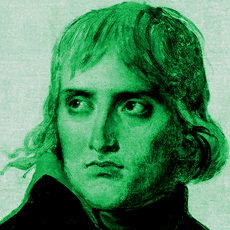@Arlos are there any good French-language sources on this subject that you know about, if I may? I garnered you were somewhat historically inclined.
L'épopée napoléonienne à travers les hommes, les batailles et les institutions du Consulat et du Premier Empire.

www.napoleon-empire.net
it is a bit light on details, but usually accurate.
otherwise you need to read books on the subject. (Of which there is no lack of, considering it is Napoleon we are talking about)
Jacobins loved Napoleon, since he was considered one of them due to his career.
it’s important to note that by the time Napoleon came to power, most people were tired of republican ideals, there had been so much bloodshed, so much instability, that they just wanted it to stop.
He managed to unify most of the nation behind him, and the republicans intelligentsia pretty much fell in line behind him after a short, leaderless opposition utterly lacking in support by this point.
After that, the Glory pretty much overwrote most opposition

That’s not to say there was no Opposition to him, but it was minimal throughout his rule.
As a matter of fact, « Revolutionary » France as we know it today is mostly a national myths build up by the successive French republics to shore up legitimacy, there’s a reason why it took until 1871 for a « stable » republic to emerge.....it takes times for memory to fade.
And even then, the third republic was considered a government of transitions for a long time, until they could get the claims sorted out.


